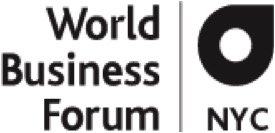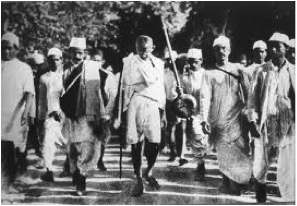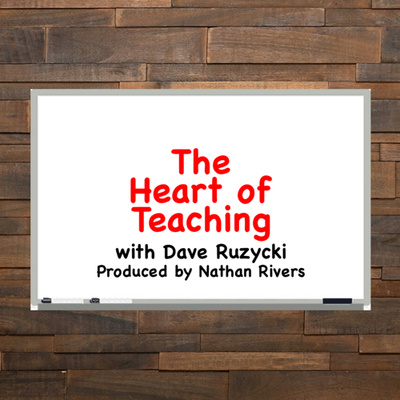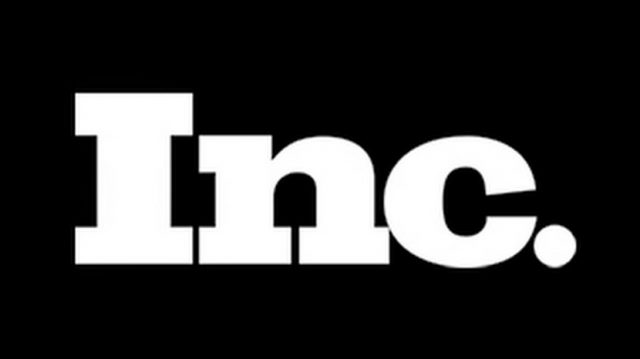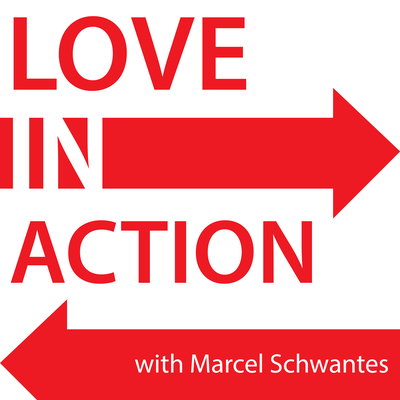Hosain Rahman, the CEO of Jawbone, design celebrity Yves Béhar, and a Jawbone executive met to discuss the packaging for a product. The specific issue: Did they have the right color of black?
How To Start The New Year Off Right
It was Socrates who said that to move the world we must first move ourselves. So with the New Year upon us, and the world at your feet, what are you doing to move yourself?
What Every Business Traveler Wants Under the Tree
The holiday season is upon us. And what would every business traveler like to find under the tree? How about a travel experience customized to their likes, wants and needs?
What I Love About Millennials
Generational differences are a hot topic of study and conversation. It’s no wonder, given Millennials now outnumber Baby Boomers in the workforce and the purchasing power of Millennials will surpass that of Boomers over the next two years.
Should a Leader Have a Big Ego?
All of us have horror stories about leaders with big egos. The leader whose self-serving arrogance destroyed a company culture. The leader who recklessly overextended a company that imploded.
But what would happen if you didn’t have a big-enough ego?
The Big Danger of Big Data
It’s no exaggeration to say that Big Data is revolutionizing and will revolutionize how business is done. Dynamic pricing models, customized customer experiences, real-time adaptations in production and distribution
Why You Should Lease Your Assumptions
With the year-end fast approaching many companies are busy charting their course to the promised land in 2016.
New results require new thinking, and new thinking starts by questioning your beliefs about your company, your customers, your competitors
My Big Takeaways From the World Business Forum
Just got back from the World Business Forum in NYC. Two days listening to some very accomplished people in a range of fields. Stimulating, inspiring, cool.
Walter Isaacson, author of the acclaimed Steve Jobs biography, had this insight: “Innovation stands at the intersection of the humanities and technology.”
Carolyn Everson of Facebook showed us the future: “Mobile and video isn’t about marketing, it’s about your business model.” She added, “It’s critical to be a listening organization, and listening organizations breed curiosity, empathy, and collaboration.”
Mark Bertolini, CEO of Aetna, warned against “the terrorism of the spreadsheet” with which decisions are made without any consideration of the human and cultural implications.
Herminia Ibarra of INSEAD had this provocative thought: “Don’t change how you think to change how you act, change how you ACT to change how you think.”
Stephen Ritz, who’s working miracles with students in the South Bronx (GreenBronxMachine.org), turned the “Serenity Prayer” on its head: “I’m not willing to accept the things I can’t change. I want to change the things I can’t accept.”
And two-time Oscar winner Kevin Spacey reminded us: “Stories are the substance of our experiences. Because of technology, there’s never been a better moment to tell vivid stories.”
Go tell your story!
Your thoughts?
Michael
Why You Might Not Want to Hire for ‘Cultural Fit’
Any new-hire selection process should test for fit with the company culture, right?
Maybe not.
Recently, one of our clients was recruiting for a key executive position. It came down to two candidates both of whom had the capabilities and experience for the role. One of the candidates was a natural fit with the company culture; the other was a bit of a stretch. A no-brainer, right?
Yes, but not because what you’re thinking.
Hiring for fit with your current culture reinforces that culture. But what if you need to evolve your culture? What if your culture needs to think differently or act differently?
Then you should hire for fit with the desired culture.
That’s what our client did. They selected the candidate who will stretch the culture in the direction it needs to go. The candidate who will inject some discomfort into the status quo.
(Caveat: Organizational cultures can tolerate only so much deviation so fast. Move too far and your new hire might get marginalized. Move too fast and you could create a culture war. If your desired culture is a long way from your current culture then take it in manageable steps.)
Hiring for cultural fit? Just make sure you define which culture.
Your thoughts?
Michael
The Most Important Question Your Employees Want Answered
You know that effective communications are a cornerstone of employee engagement. Yet in the midst of all the messaging about where your organization is headed, how you intend to get there, and what you expect of your employees, don’t overlook the most important question they want answered.
Why.
What they’re thinking is: “Why don’t we just keep doing what we’re doing?” “Why improve?” “Why change?” “Why this, why not something else?” “Why now?” “Why here?” “Why me?”
Why? Why? Why? Why? Why?
Answering the why question provides meaning and purpose. It’s a portal into the thinking behind the what and the how. It brings them into the circle.
Yes, they absolutely need to know the what and the how. But the real connection happens when you answer why?
Your thoughts?
Michael
The Most Powerful Definition of Leadership
I’m a fan of Success magazine (www.success.com). The monthly infusion of ideas and inspiration is a great source of personal and professional development.
A recent edition featured an interview with Bill McDermott, CEO of SAP, a $200 billion company. McDermott’s story of how he went from corner store (buying the local deli when he was just 16!) to corner suite is energizing.
Yet what stood out most for me was his definition of leadership. For all that is written about what leaders do and what traits they possess, the crux of it comes down to this:
Leadership is the art of developing followership.
Ultimately, it’s not about you. It’s about them.
Your thoughts?
Michael
The Traits That Made This 33-Year Old a Billionaire
You almost certainly haven’t heard of him. David Baazov is the founder of Amaya, the largest publicly traded, online gaming company in the world. With 93,000,000 registered users, a portfolio of brands such as PokerStars and Full Tilt Poker, and a market cap of $10 billion, Amaya accounts for about one-quarter of the value in its industry.
So who is Baazov?
As a 17-year-old he tried to convince the owner of a local restaurant to buy into his discount coupon venture despite having no business cards, no cash, no pricing model, and no entrepreneurial experience. When the owner told him to do his homework and come back, Baazov did … the next day. And soon closed the deal.
Fast forward past his other ventures to Amaya, which in 2013 was doing almost $150 million in revenues. Baazov decided he wanted to buy the big player in the industry – the Rational Group, whose revenues were over seven times those of Amaya’s. His CFO told him not to bother even thinking about it. Baazov approached the owners anyway and after being taken less than seriously did the one thing all highly successful people do. He persisted.
“Most entrepreneurs fail when doubt sets in,” he says. “Doubt kills more deals than economics.”
A year later, the owners of the Rational Group sold to him.
Regulatory, legal and financial challenges mean Amaya’s (and Baazov’s) story is not yet done. But the lesson is this:
Those who are steadfast in their belief, relentless in their efforts, and courageous in facing adversity, are those who can achieve big things.
Belief. Persistence. Courage. How do you rate?
Your thoughts?
Michael








